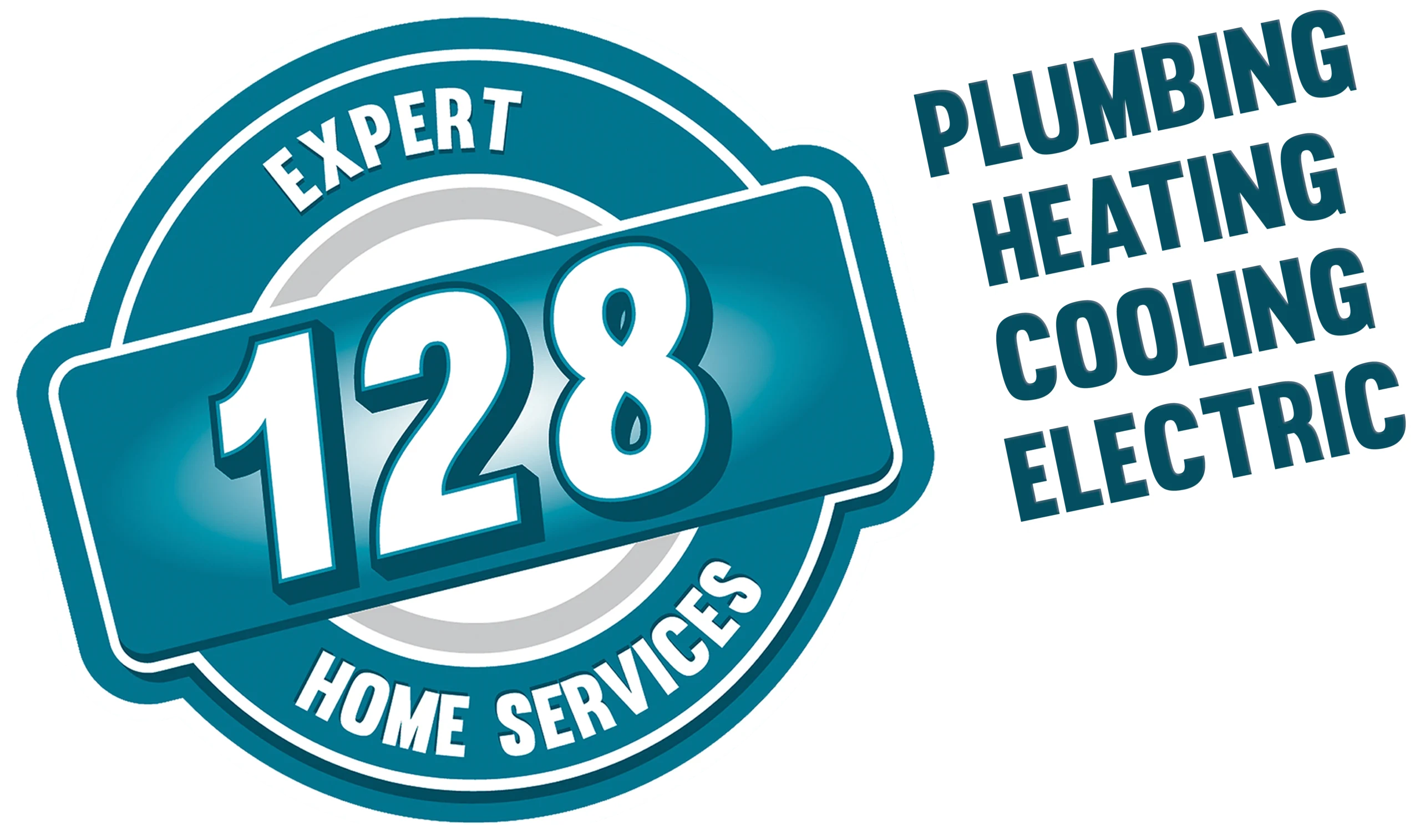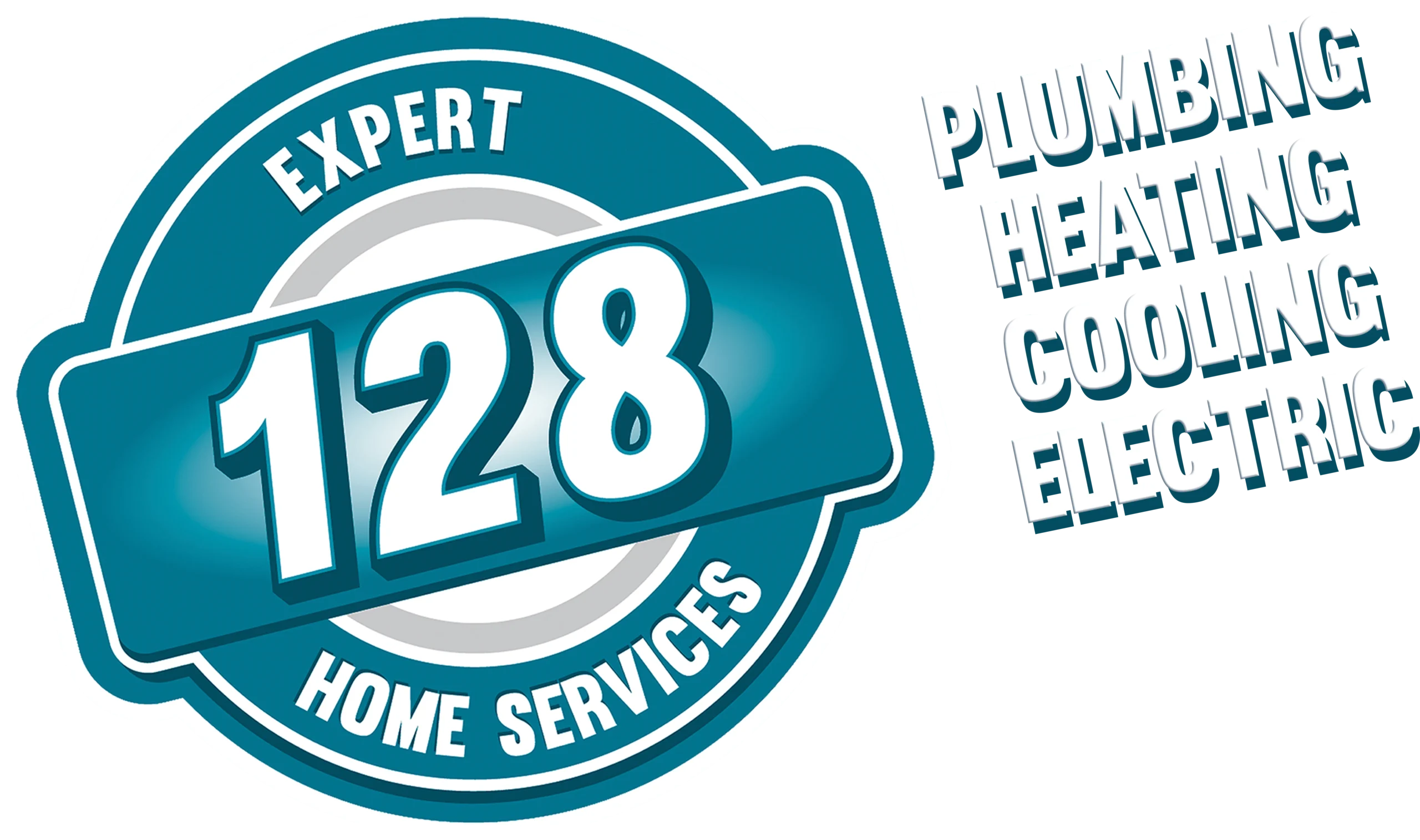After taking a pounding at the pump for most of the last year, many Massachusetts residents are strongly considering buying an electric vehicle.
EV availability still isn’t what it could be, but given the possible benefits the search is well worth it, especially when you look at the discounts at both the federal level, not to mention the benefits under Massachusetts law.
There’s a lot you need to know about the programs, the charging technology and how rebates work, and 128 Plumbing is the ideal company to guide you through the requirements.
We’ve been at the forefront of the movement to electronic vehicles—we recently added our own EVs—so we know all about things like vehicle charging station issues, how charging station deployment works and how to get the largest rebates from each program.
Electrical Vehicle Charging in the State of Massachusetts
If you are going to buy an electric vehicle, you need to know how electric vehicle charging works. It’s an important part of the EV purchase equation, especially given the relative scarcity of public electric vehicle charging stations.
There are two types of home charging systems for electric cars, Level 1 and Level 2. A Level 1 charging system will cost you nothing because you’ll be using the existing electric grid, but if you’re going to go this route you should have a lot of charging time on your hands.
Charging Station Program and the Different Levels
The good news is that Level 1 charging is simple—you simply take the charging cable that comes with your EV and plug it into any standard, grounded wall socket.
The time factor is the issue. Typically, you’ll need an hour of charging for every 4-6 miles of battery range, which means you’ll have to charge your electric vehicle for 35-50 hours of charging if it has a 200-mile range. This kind of charging can be convenient for hybrids, but for solely electric vehicles it can be a major inconvenience.
Level 2 chargers are becoming popular among homeowners. They use a 240-volt circuit, which is the same voltage you use for an electric clothes dryer, for instance.
While some people are willing to deal with the inconvenience of using an existing 240V outlet to charge their EV, many homeowners purchase their own charging stations. These installations should always be done by a qualified electrician, and at 128 Plumbing we’ve put in hundreds of these kinds of stations.
They allow you to charge your car in about 10 hours.
Federal Rebates: Which Rebate Program is Right for You?
Not surprisingly, it does take a bit of sorting out to find the right federal program, but the basic rules are fairly simple. The federal government is offering up to $7,500 in federal tax credits if you buy a new electric vehicle, and up to $4,000 if you go with a used EV.
There are some stipulations, though. There are income caps on buyers who can earn credits, and caps on some eligible vehicles, not to mention some stipulations about where they’re built.
The vehicles must be manufactured in North America, and there are also regulations about where the battery components come from, so it’s important to check these details before applying.
The tax credits are applied to the taxes for the following year, and starting in 2024, the credits will be given at the point of sale. It applies to all “clean” vehicles, including hydrogen fuel cell vehicles. That means no waiting for a rebate check—the discount is applied immediately.
The Massachusetts State and Local Rebate Program
Massachusetts is chipping in, too. The Department of Energy Resources’ Massachusetts Offers Rebates for Electric Vehicles (MOR-EV) is offering a rebate of $2,500 for EVs with a final purchase price of up to $50,000. That amount goes up to $80,000 or less for a new truck, SUV or van. It’s also important to note that this is a so-called flat credit, which means the rebate amount can’t exceed your tax bill.
Moreover, hybrid buyers can get in on the rebate action as well. Those who purchase plug-in hybrid vehicles with an all electric range of at least 25 miles can get a rebate of up to $1,500 for vehicles that have a purchase price of up to $50,000.
These rebates do come with a set of criteria to distinguish between electric vehicles and plug-in hybrids.
The EV must be a plug-in with an onboard battery that has a minimum capacity of 4kWh, and the vehicle must be able to draw power from an external source like a vehicle charging station.
State Rebate Charging Station Program for Electric Vehicles
Another program you should now about The Massachusetts Electric Vehicle Incentive Program (MassEVIP) is now providing grants for up to 60 percent of the costs of a Level 1 or Level 2 EV charging station, with up to $50,000 for each eligible street address.
How to Qualify for a State Rebate Program
As you can see, the devil’s in the details when it comes to these programs, but the good news is that we’ve been involved with these kind of government programs for a long time, so we know the ins and outs.
We can help you figure out what you qualify for and how much of your EV investment you can recoup. It’s important to know these amounts going into any program, and we can also help you cut through the red tape so you can get your rebates as quickly as possible.
128 Plumbing and Electric Vehicles
If you’re interested in buying an electric vehicle, you need to call us at either (888) 419-4233 or (781) 670-3261, and when you contact us, we’ll answer your questions and help you make the best possible decision.
To get more information, you can also go to 128Plumbing.com and start a live chat, and we have some great blogs and articles there to help educate you about EVs, rebate programs, and what you need to do going forward.


